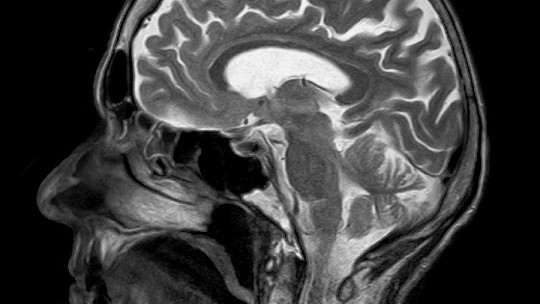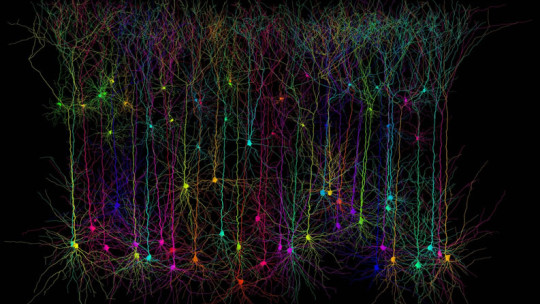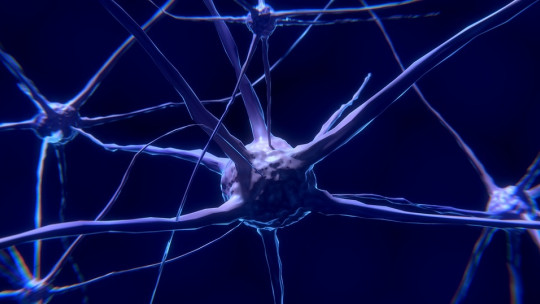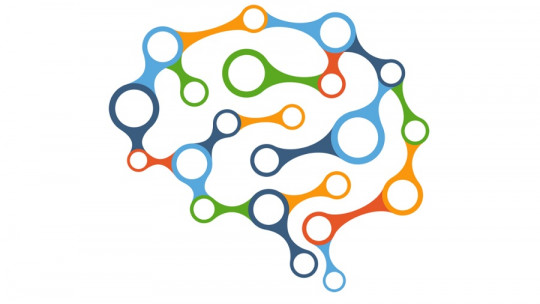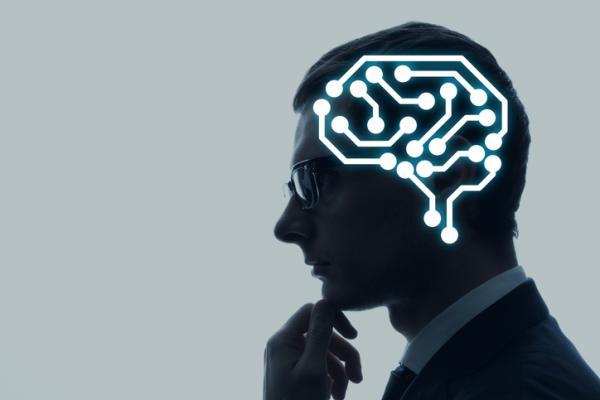It is quite common to believe that the emotional aspects of people are unconscious and that, on the contrary, the world of cognition is conscious in nature. However, the truth is that cognitive processes such as decision-making and memory retrieval do not escape the logic of the unconscious.
The cryptomnesia It is proof of this.
What is cryptomnesia? Starting with an example
It is possible that in one of those intervals of dead time that your daily life is plagued with, it may have come to your mind, without hardly intending to, a catchy melody that, after the first seconds, you have developed until you have composed in your imagination something that looks very similar to a complete piece of music, ready to be marketed.
These cases are very frustrating for people who do not know how to capture music on staves and do not even have at hand the necessary means to record the sound of the new composition. However, these same people have reason for optimism. They avoid having to find out later that what seemed like an original melody is actually an overloaded and unnecessarily long version of the little music that plays in a shampoo commercial.
Of course, These types of experiences are difficult to explain for someone who believes that our own memory has no secrets for us because, being subject to the orders of our conscience, it cannot be governed by rules that are too capricious or foreign to our will. If you are one of these people, you may be interested in reading about cryptomnesia, or hidden memory.
Memories falsely anchored in memory
The example of musical melodies that you have just read is closely connected with the cases of unintentional plagiarism that have come to be reflected in all types of albums and vinyl and from which not even some famous rock groups can escape. In the same way, certain “evidence” about memories about past lives are not even cleverly concocted deceptions by a group of people eager for prominence, but rather situations in which people who theoretically do not know certain past information have previously accessed it. information, even if they do not remember it and therefore are completely sincere about their beliefs.
In all these events a rule is met: there are memories that have been apparently forgotten to reappear confused with the present time
All these cases and anecdotes are examples in which a phenomenon occurs that we call cryptomnesia or, what is the same, hidden memory. In short, cryptomnesia is a psychological process by which memories are recovered as if they were original experiences experienced for the first time and that have apparently been forged directly in the thoughts of the person experiencing it. This recovered information is actually that which corresponds to a memory that had been forgotten, although not completely.
Above all, cryptomnesia can be understood as the opposite of what is experienced during Déjà vu. If in the latter a new experience is lived as if it were a memory forgotten until that moment, In cryptomnesia there is a real memory that goes unnoticed by conscious mental processes for a time until it manifests itself again as a new experience
Not everything is just plagiarism
What has been explained so far may give the false impression that cryptomnesia occurs in cases in which other people are unintentionally plagiarized, as if the memories that pass through this false forgetfulness had to refer to the ideas of others or to the ideas of others. experiences linked to the outside world.
The truth is that among the ways in which hidden memory is expressed there can also be the self-plagiarism An idea or thought of one’s own is perfectly susceptible to passing under the mantle of cryptomnesia, although surely these cases will not be as frowned upon as the previous ones.
Cryptomnesia seen from the laboratory
Although hidden memory has its raw material in the great variety of experiences to which we are subjected in our daily lives, it is also possible to study cryptomnesia in a much simpler and more aseptic environment: the experimental laboratory. These investigations usually involve groups of volunteers who provide possible answers to a question that is posed to them.
In a second phase, volunteers have to remember whether certain contributions are their own or not. In this context, it has been seen that cryptomnesia is relatively common, and it is not unusual for many individuals to become convinced that the ideas that others expressed a few minutes ago are theirs. It has even been seen that People’s emotional state can influence the frequency with which these unconscious plagiarisms occur
So, the next time you believe you have power over the processes that govern your memory, remember that both memory and the illusion of consciously controlling it are carried out by the unknown: your hidden psychological processes.

